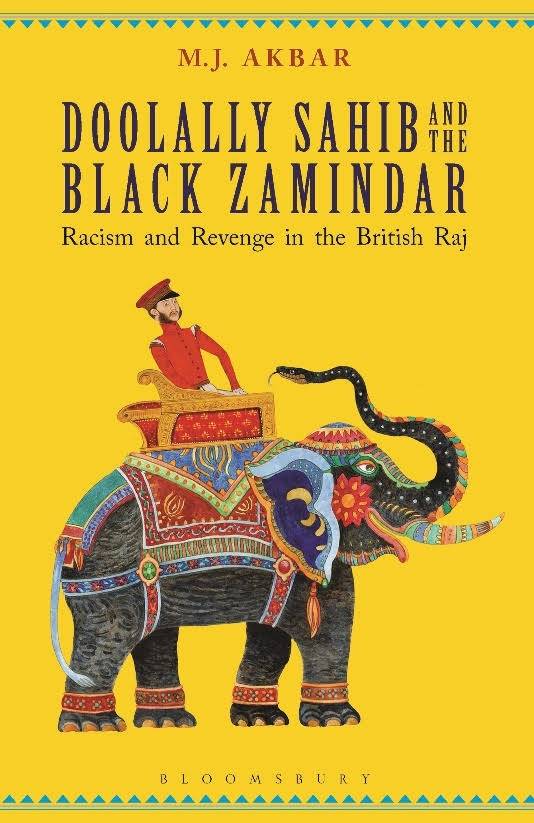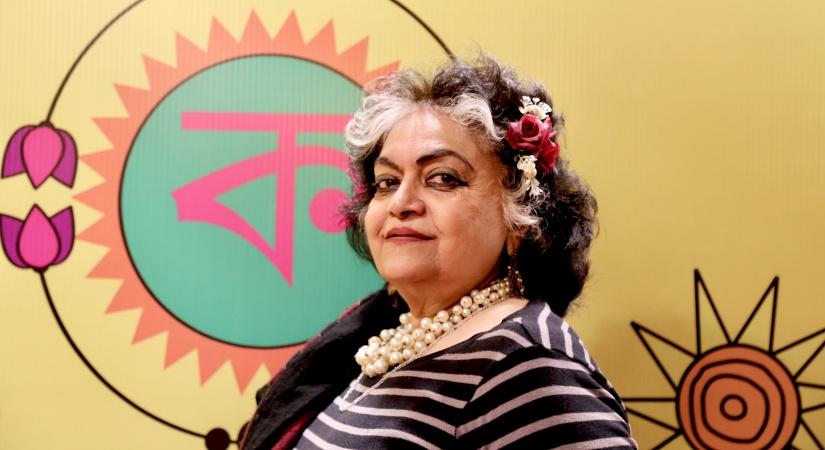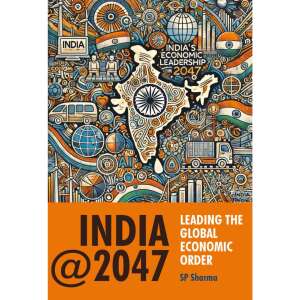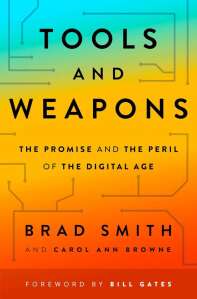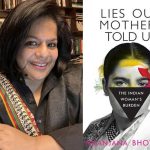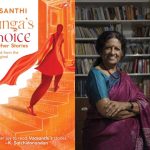When Indians tried to imitate the sahibs, they turned into caricatures; when they absorbed the best that the British brought with them, the confluence was positive and productive…reports Asian Lite News.
In July 1765, Robert Clive, in a letter to Sir Francis Sykes, compared Gomorrah favourably to Calcutta, then capital of British India. He wrote: “I will pronounce Calcutta to be one of the most wicked places in the Universe.”
Drawing upon the letters, memoirs and journals of traders, travellers, bureaucrats, officials, officers and the occasional bishop, M.J. Akbar’s ‘Doolally Sahib And The Black Zamindar — Racism and Revenge in the British Raj’ (Bloomsbury) is a chronicle of racial relations between Indians and their last foreign invaders, sometimes infuriating but always compelling.
A multitude of vignettes, combined with insight and analysis, reveal the deeply ingrained conviction of ‘white superiority’ that shaped this history. How deep this conviction was is best illustrated by the fact that the British abandoned a large community of their own children because they were born of Indian mothers.
The British took pride in being outsiders, even as their exploitative revenue policy turned periodic drought and famine into horrific catastrophes, killing impoverished Indians in millions.
There were also marvellous and heart-warming exceptions in this extraordinary panorama, people who transcended racial prejudice and served as a reminder of what might have been the British made India a second home and merged with its culture instead of treating it as a fortune-hunter’s turf.
The power was indisputable – the British had lost just one out of 18 wars between 1757 and 1857. Defeated repeatedly on the battlefield, Indians found innovative and amusing ways of giving expression to their resentment in household skirmishes, social mores and economic subversion.
When Indians tried to imitate the sahibs, they turned into caricatures; when they absorbed the best that the British brought with them, the confluence was positive and productive. But for the most part, subject and ruler lived parallel lives.
M.J. Akbar is a distinguished writer and Member of Parliament representing the BJP from Madhya Pradesh. During his long career in journalism, he launched, as editor, India’s first weekly political news magazine, Sunday, in 1976, and two daily newspapers, The Telegraph in 1982 and The Asian Age in 1994. He has also been editorial director of India Today and The Sunday Guardian.
He is also the author of several internationally acclaimed books, including ‘India: The Siege Within’; ‘Nehru: The Making of India’; ‘Kashmir: Behind the Vale’; ‘The Shade of Swords: Jihad and the Conflict between Islam and Christianity’; ‘Tinderbox: The Past and Future of Pakistan’; and ‘Blood Brothers’, a novel. In addition, there have been four collections of his columns, reportage and essays.
ALSO READ-PROFILE: Michelin Star Chef Rohit Ghai

